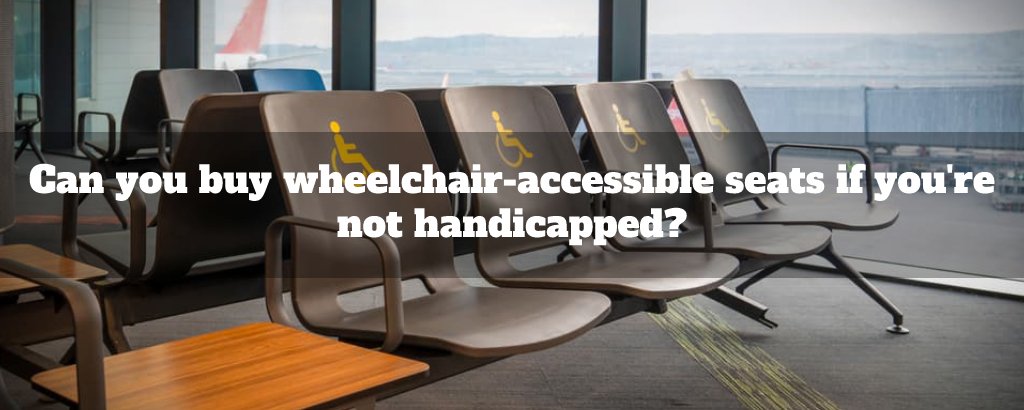Individuals who require accessible seating may purchase tickets for themselves or others. The wheelchair-accessible seats can’t be bought by people who don’t qualify for them but still want them.
This article will cover all the crucial information about purchasing wheelchair-accessible seats.
Tickets for Wheelchair Accessible Seats
Many government and private organizations are required by the Americans Disabilities Act (ADA) to give people with disabilities tickets for accessible seating at events where tickets are sold for assigned seats. The Americans with Disabilities Act’s basic tenet is that everyone, regardless of disability, should have access to opportunities (ADA).
The Department of Justice released new rules about tickets and seating for people with disabilities on March 15, 2011.
Who Is Eligible to Purchase Tickets for Accessible Seats
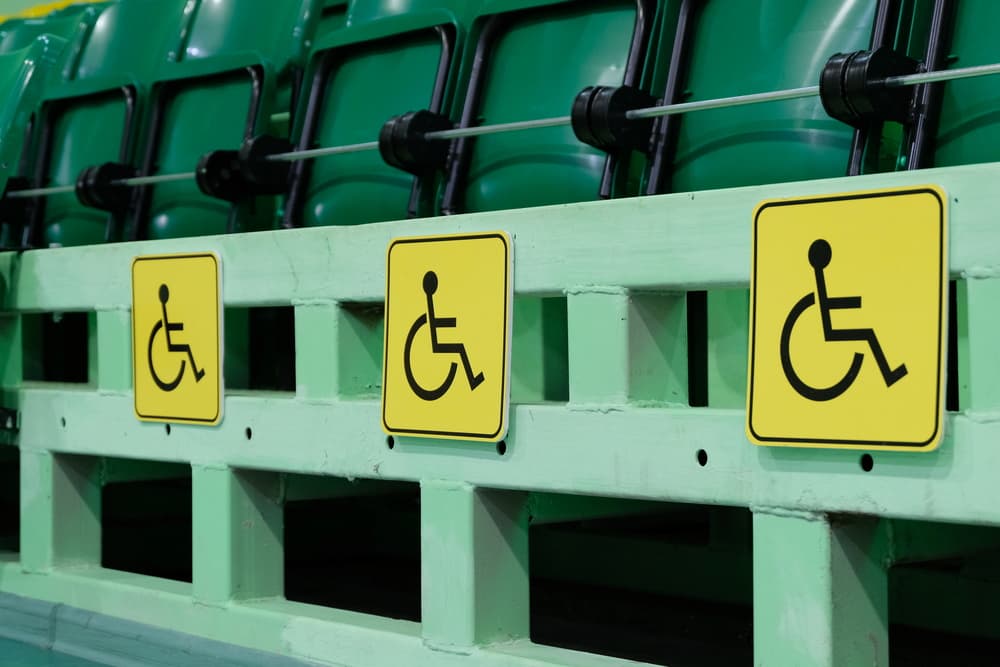
Tickets for accessible seats may be purchased by those with mobility impairments who need them due to their condition.
People who use wheelchairs, walkers, and other mobility aids, as well as those unable to walk long distances or climb stairs due to severe respiratory, circulatory, or cardiac disorders, fall into this category.
These individuals must have a handicap that necessitates the use of the accessible features included in accessible seating.
People who need accessible seating, or someone purchasing on their behalf, can buy tickets for those seats.
Non-disabled patrons who want to purchase accessible seats out of personal preference are not eligible.
These rules don’t apply to “designated aisle seats,” which are seats in the aisle that don’t have fixed armrests and are used by some people with disabilities.
How can someone sell a wheelchair-accessible seat to a non-disabled person
A venue may offer wheelchair-accessible seat tickets to all attendees under certain circumstances. Some of the conditions are listed below.
1. Sections with Full Spaces
Some venues are built with wheelchair accessibility in every segment. This system complies with the requirement of treating disabled and non-disabled people equally.
There are instances where accessible seats in an area go unfilled, though. The event’s organizer may sell the ticket to non-handicapped people rather than leave the slot empty.
2. The number of spaces filled in a price category
Ticket prices for events are frequently broken down into several categories. Additionally, both accessible and non-accessible seats fall within these price ranges.
When all of the seats in a given price range are taken, the event organizer may elect to offer tickets for wheelchair-accessible seats to people who are not disabled.
3. No more open spaces in any non-accessible seats
When no more available spaces exist in non-accessible seats, the event’s organizers may sell wheelchair-accessible seats to non-handicapped people.
This activity enables the highest possible profit turnover.
However, event organizers are not required to offer wheelchair-accessible seats to anyone who is not disabled. The decision to do so rests solely with the event planners.
Ticket exchanges and transfers
Typically, tickets for disabled people can be transferred to non-handicapped people.
This, however, prohibits you from purchasing wheelchair-accessible seat tickets through a disabled individual.
In such a case, the event organizer may switch your seat with a wheelchair user who most needs it.
Reserving and releasing tickets for accessible seating
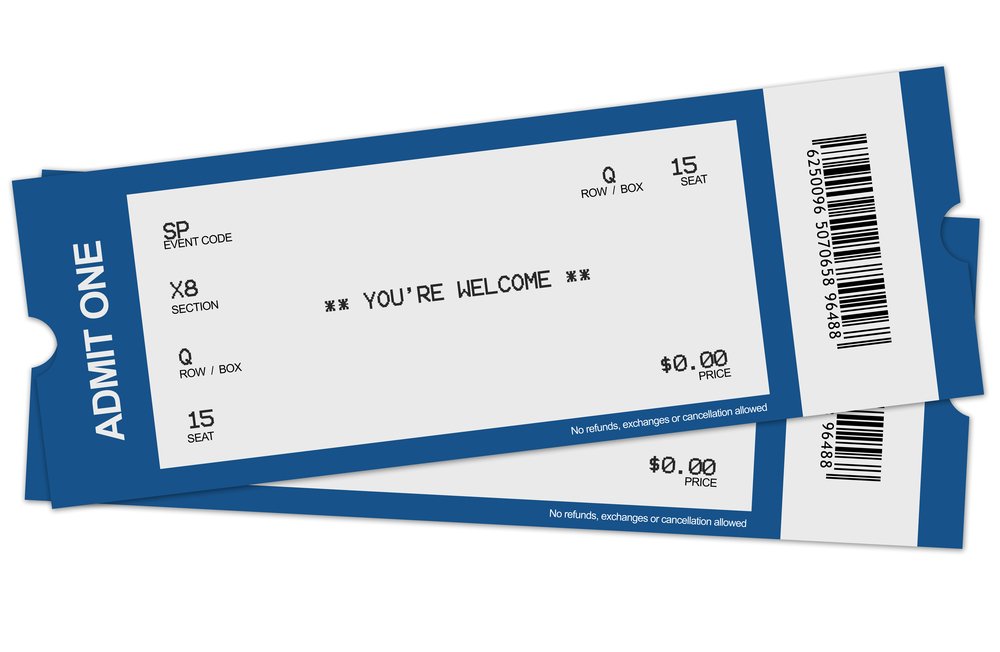
It is usually against the law to sell tickets for accessible seats to people who don’t need the extra features those seats offer. Accessible seats that haven’t been sold can be made available to the public and sold in three situations:
- When all non-accessible seats have been sold (except for luxury boxes, club boxes, suites, and chairs that the venue holds back when it’s a sell-out),
- All non-accessible seats in a specific seating area have been sold, and
- All non-accessible seats in a particular price range have been sold, and accessible seats that haven’t been sold in that price range may be released.
Venues are free to keep any or all of the remaining accessible seats in reserve; they are not compelled to release them.
Series, subscription, and season tickets with wheelchair access may be sold to the general public under the same three conditions where regular tickets are no longer available:
- When all regular tickets have sold out.
- When all regular tickets in a specific section have sold out.
- When all regular tickets in a particular price range have sold out.
Yet, venues must set up a way to stop the automatic renewal of accessible tickets sold to the general public if they don’t want to make it impossible for people with disabilities to get seats for years to come.
Venues may inform accessible seating purchasers at the time of purchase that the venue will only allow them to renew their subscriptions by switching them to non-accessible seats in the same section or price level if other patrons in non-accessible seats fail to renew their subscriptions.
However, the venue is under no obligation to continue allowing this person to prolong the use of the accessible seats if no similar non-accessible seats become available.
The secondary ticket market and exchanges
Accessible seating ticket holders and people looking to buy or sell accessible seating tickets on the secondary ticket market should have the same rights as regular ticket holders if the venue allows ticket transfers.
When a person with a disability purchases a ticket for an accessible seat, that person is free to give that ticket to anyone, whether or not that person has a handicap. Accessible seats can’t be saved just for a customer with a disability.
What Are the Features of a Wheelchair-Accessible Seat?
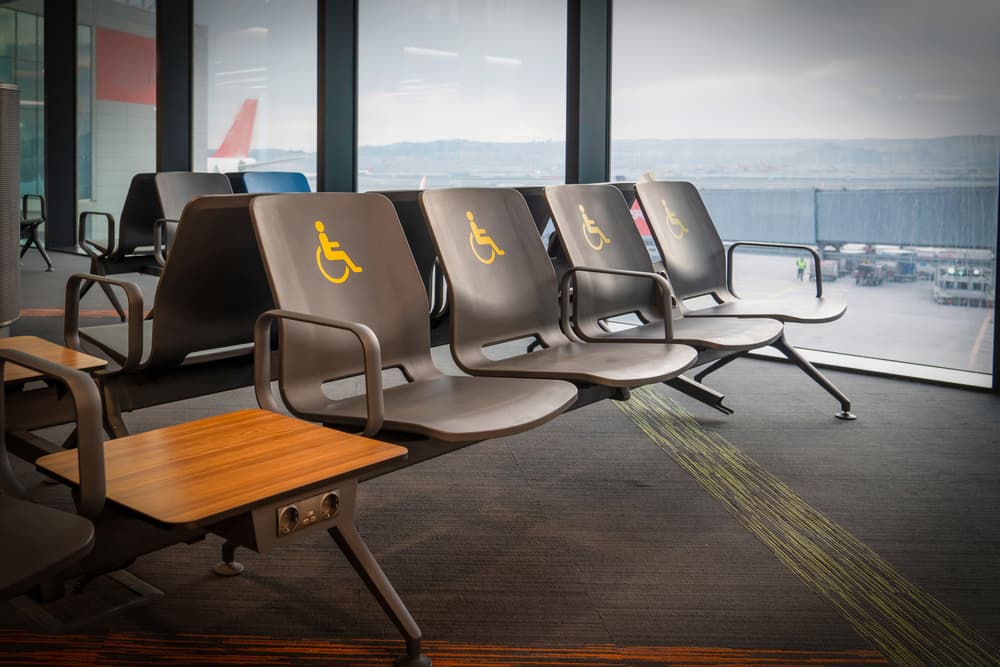
A wheelchair-accessible seat has features including an accessible approach, a grade-level placement, clear floor space, and greater size.
A 3-foot-wide area is designated as a wheelchair-accessible seat for those who use wheelchairs. Wheelchairs may also be moved easily around the aisle that leads to the area.
Sections 221 and 802 of the 2010 ADA Standards for Accessible Design (2010 ADA Standards) include details on the number, size, and characteristics of accessible chairs.
variety of available seating options
Airlines
Let’s look at some of the largest U.S. airlines to see if there are any wheelchair seating options available for purchase.
American Airlines
Wheelchair-accessible and companion seating are available at the American Airlines Center on all levels with good sightlines.
Customers who purchase accessible seating may purchase one accessible seat and up to three companion seats adjacent to the accessible seat.
Tickets will be sold and exchanged on a first-come, first-served basis, subject to availability.
Please be aware that staff members at the Center maintain the right to take the proper legal action against anyone who illegally obtains a wheelchair or companion seat.
Delta Airlines
Customers who need an aisle seat because of a disability (like a fused or immobile leg), a service animal or a wheelchair are seated in the front of the plane.
Depending on the plane’s design, the aisle armrests may be located in different places, and there may be fewer.
United Airlines
To make it simple for you to move from an aisle wheelchair to your seat, several of their aircraft have movable armrests.
Depending on the type of aircraft you are on, you can find these armrests there. You can Speak with a gate agent or a flight attendant to check if a more accessible seat is available if your seat doesn’t have a retractable aisle armrest.
Travelers with a disability who request one or more of the following will get their best effort.
Events (Sports/Concerts)
A sporting event at Madison Square Garden
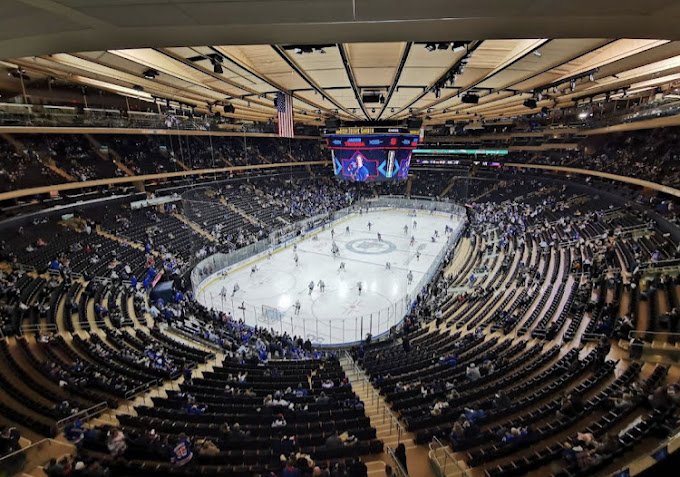
Madison Square Garden, known as The Garden, is New York’s most important sports arena. During a game at MSG, disabled patrons are invited to take advantage of the accessible seating alternatives and reduced ticket pricing that have been made available to them.
However, if a guest with a disability purchases a non-accessible ticket at the Madison Square Garden Box Office or through Ticketmaster and later realizes they need accessible seating, they are welcome to contact Disabled Services as soon as possible or no later than three business days before an event, to request an exchange for an accessible ticket.
A concert at the Majestic Theatre
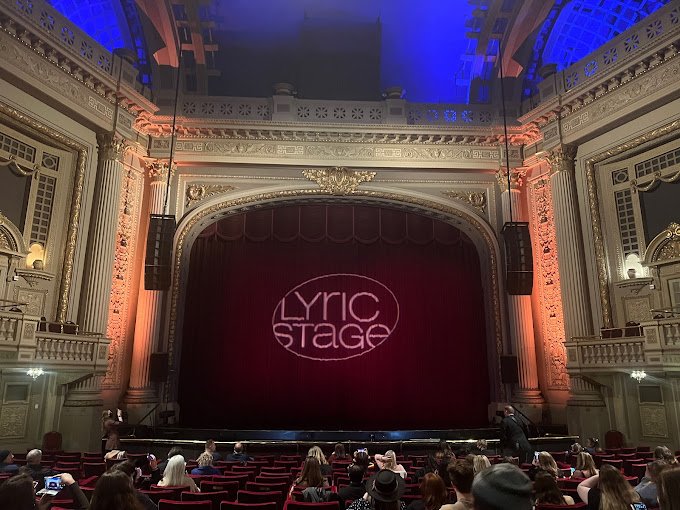
Something fun and exciting are always going on at the Majestic Theatre in Dallas, Texas.
Several sections of the majestic theater have no-step access and are equipped with wheelchair and companion seating. There’s a special drop-off area with a ramp for wheelchairs right in front of the theater.
Complimentary seats for caregivers are typically available in wheelchair sections. Accompanying seats in that section usually cost the same as regular seats.
Before you go
Wheelchair-accessible seats are ideal for disabled persons flying long distances in an airplane. In the event that wheelchair-accessible seats are unavailable, travelers should be aware of airline-approved wheelchairs and scooters. Read on to learn more about airline-approved mobility scooters and wheelchairs.
